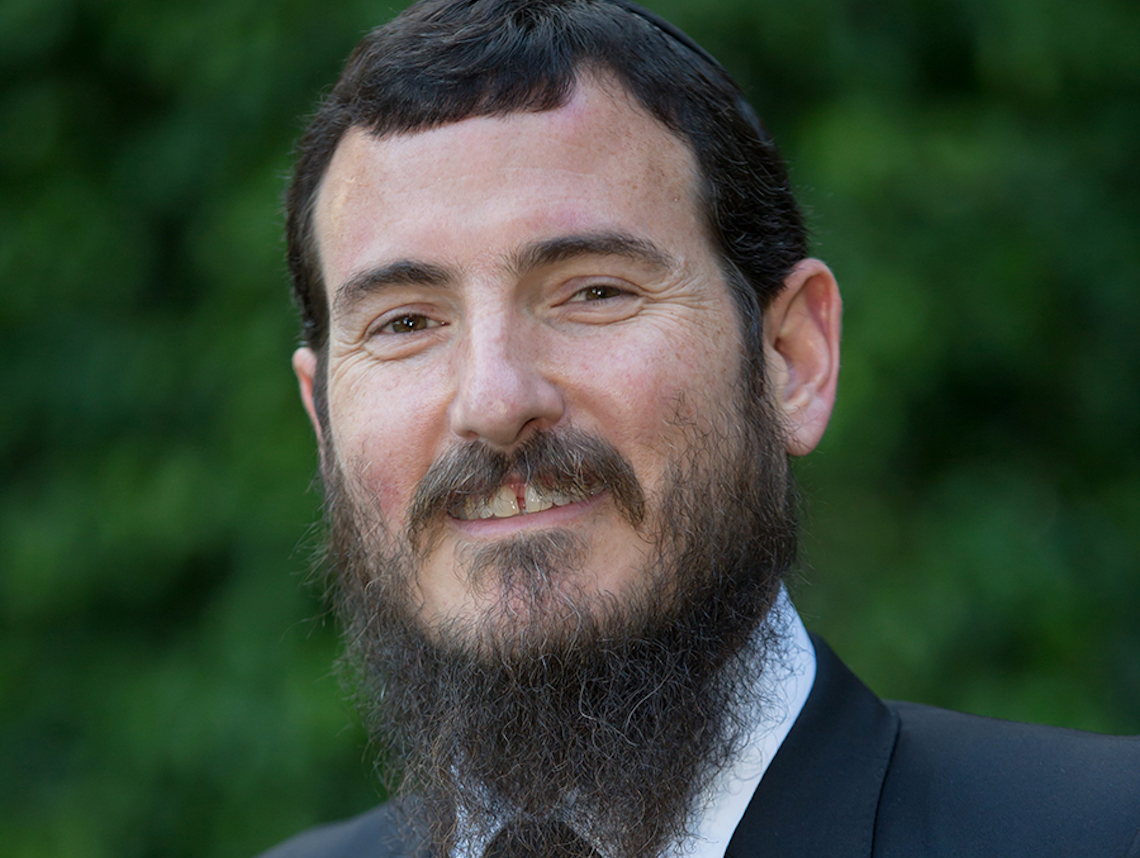
This week began the three-week period of Jewish national mourning over the destruction of the Holy Temples in Jerusalem, the first in the year 428 BCE and the second in the year 70 CE. These three weeks are observed traditionally by abstaining from expressions of joy and celebration, and culminate with the ninth day of Av (Tish’ah beAv, which falls this year on August 1), the day on which the Temples were destroyed, which is observed by fasting, prayer, and abstaining from any physical pleasures.
The Talmud teaches (Yoma 9b) us that it was due to groundless hatred between Jewish people that the Second Temple was destroyed. It follows that through “groundless” love among Jewish people and Jewish unity that the Temple will be rebuilt.
This week, in communities throughout the world, we will read parashat Pinchas, which has a fitting and appropriate connection to these three weeks and to the theme of Jewish unity.
The people of Midian and their battle against the Jewish people, whom they senselessly attacked and sought to physically and spiritually destroy, are described in this Torah portion. The people of Midian are singled out above all other nations who attacked the Israelites due to their groundless hatred of the Jewish people. We posed no threat to them, yet they attacked us nonetheless. They therefore have become the arch-symbol of pointless hatred. G-d consequently instructed the Israelites to avenge them prior to entering the Holy Land.
The word “Midian” in Hebrew is derived from the word madon, which means “strife” or “argument.”
This evil of baseless hatred had to be eliminated before we entered the Land of Israel, since baseless hatred is obviously at odds with the harmonious functioning of society that is the prerequisite for attaining any national goals, let alone that of promulgating Divinity in the world.
The root of baseless hatred is ego. An egocentric person feels threatened by anyone who opposes his inflated sense of self. Any positive quality evinced by the other person diminishes his own importance, so the egocentric person will desperately seek to delegitimize the other person. Although he may not seek to actively harm him, he will be secretly pleased when the other person suffers, or at least not be troubled by his suffering. Furthermore, the egocentric person is blind to other people’s good qualities; since he is not sincere in his relationship with God and the world, he cannot believe that others are, either.
In contrast, someone who is not plagued with egocentricity will focus only on other people’s good qualities. Their suffering will genuinely trouble him, since he will judge them favorably and find no justification for their suffering. If he does find some fault with someone else, he will enlighten him in accordance with the Torah’s guidelines for doing so, but he will not hate him.
Similarly, rather than viewing differences of opinion as an affront to his selfhood, the selfless person will view them as opportunities to arrive at higher, more comprehensive perceptions of truth. He will be able to expose his shortcomings to others and seek their guidance, thereby allowing him to solve his problems and progress in his self-refinement.
We live in turbulent times, when the Jewish people are once again the subject of hate and antisemitism throughout the world. Yet this powerful lesson teaches us that the need for Jewish unity and the result of Jewish unity is more important now than ever, and through it shall we merit the unity and redemption of the Jewish people and the restoration of the Holy Temple in Jerusalem.
“Rabbi Shimon ben Chalafta said: The Holy One, blessed be He, found no vessel fit to hold blessing for Israel other than peace, as it is written (Psalms 29:11), ‘G-d will grant His people strength; G-d will bless His people with peace’” (Devarim Rabbah 5:14).
_______
Rabbi Chaim N. Cunin is Director and General Editor of Chabad House Publications and Associate Rabbi at the Beverly Hills Jewish Community, which meets weekly at the Beverly Hills Hotel. For more information, visit BeverlyHillsJC.org.
Adapted from the newly-released Kehot Chumash, published by Chabad House Publications and based on the teachings of the Lubavitcher Rebbe, Rabbi Menachem M. Schneerson.








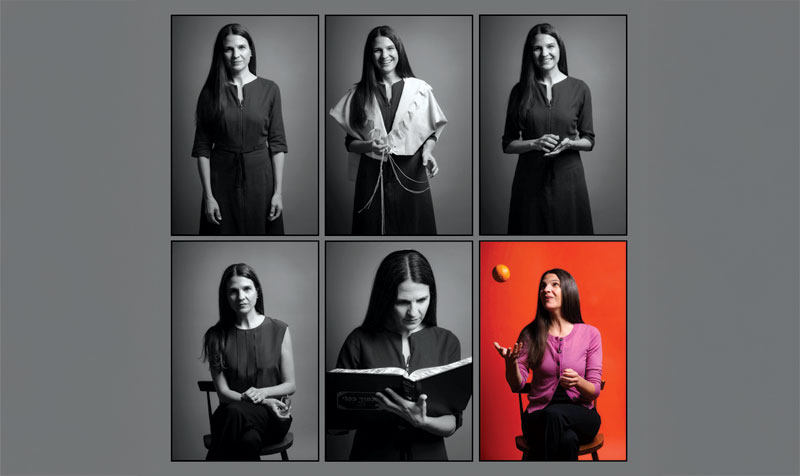
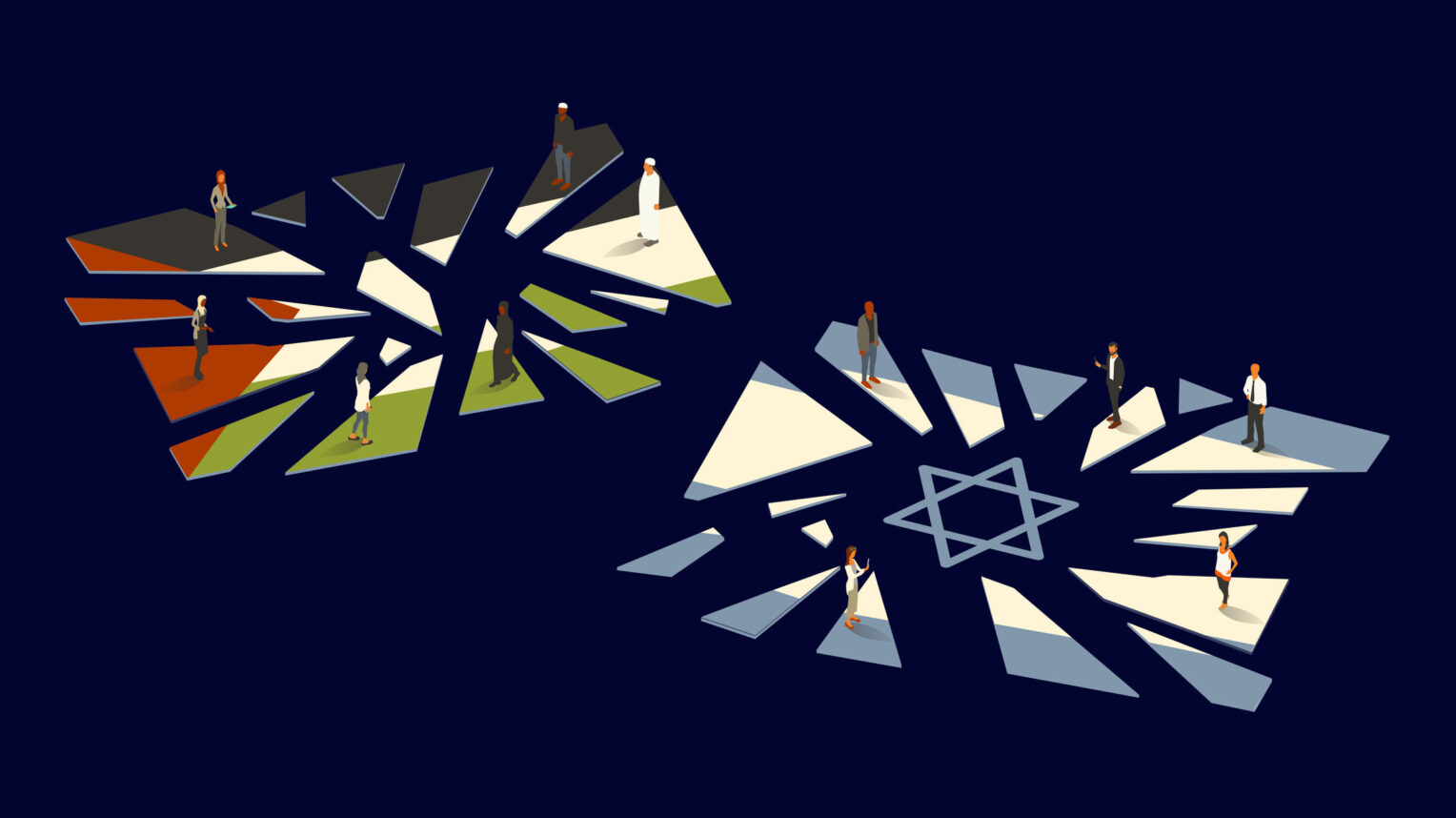
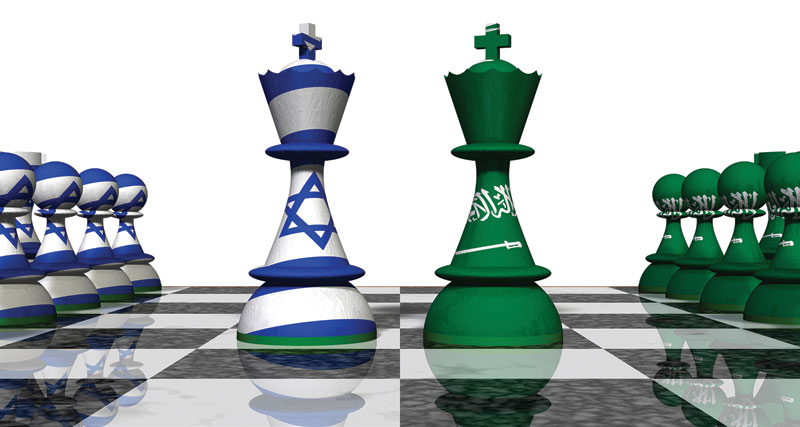
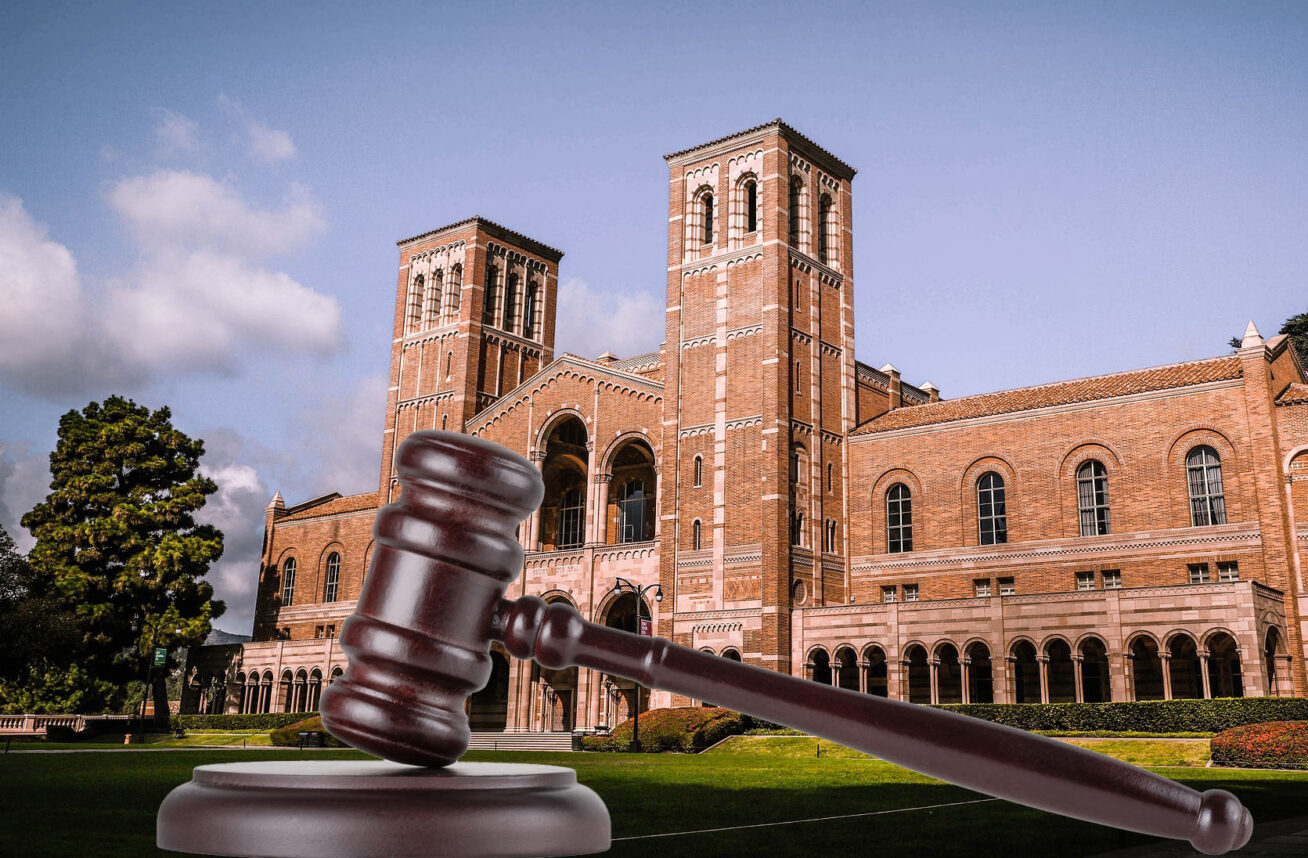

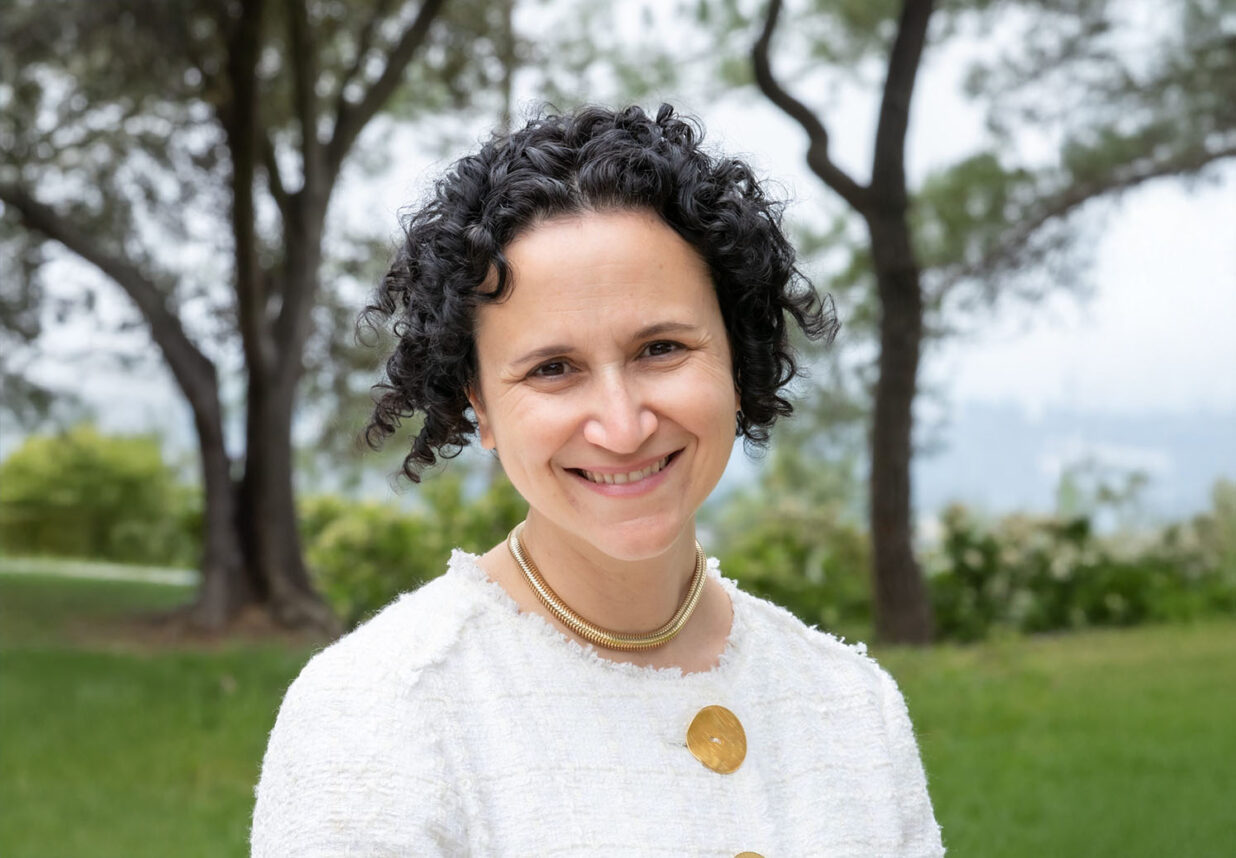
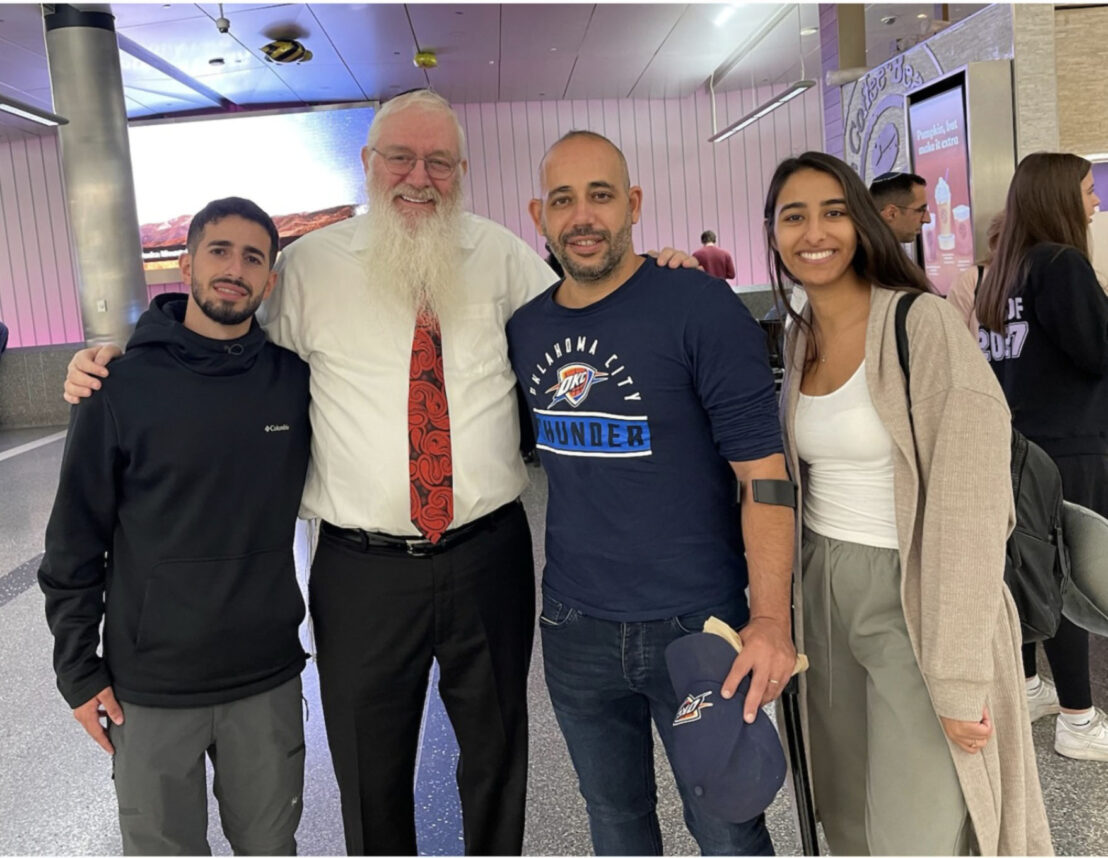








 More news and opinions than at a Shabbat dinner, right in your inbox.
More news and opinions than at a Shabbat dinner, right in your inbox.